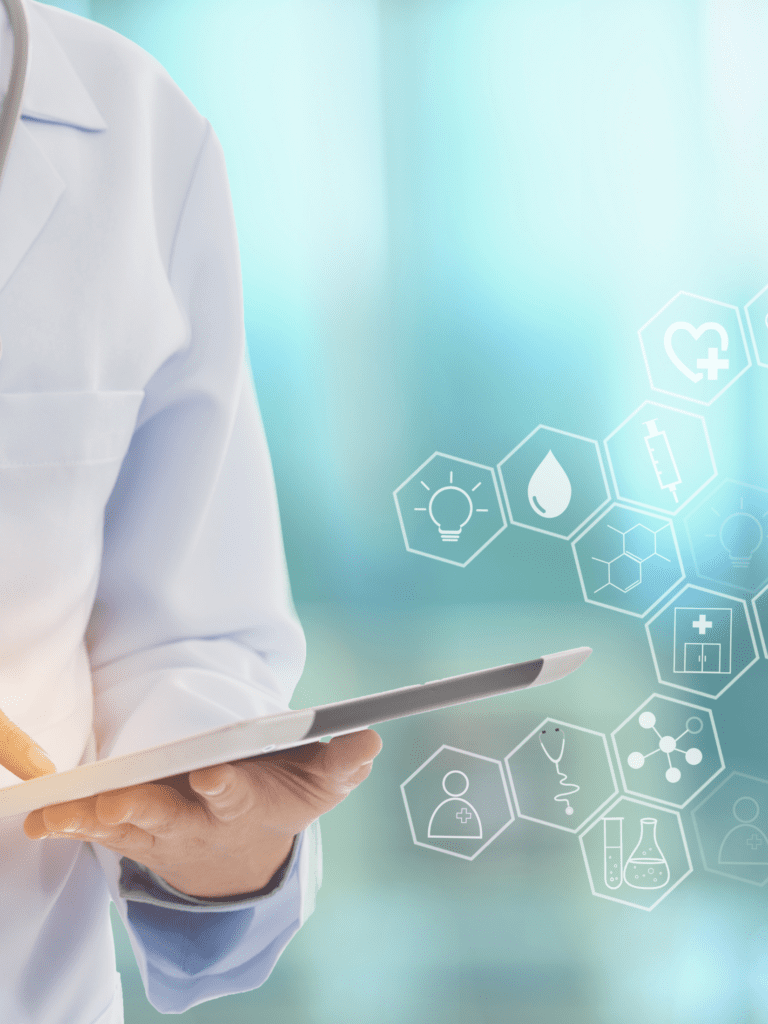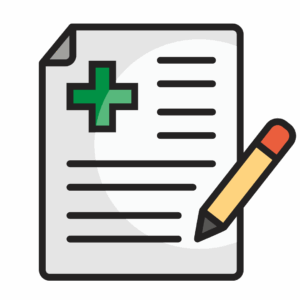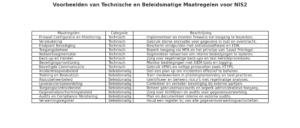In recent decades, there has been a veritable pandemic of data breaches in healthcare brands. This is in view of the fact that healthcare institutions process highly sensitive information. It is therefore not surprising that the GDPR explicitly emphasizes the protection of health data.
Personal data in the healthcare sector
The GDPR recognizes data about health as a special category of data.
In concrete terms, the GDPR recognizes three types of personal data that are particularly relevant to the healthcare sector:
- Data about a person’s health status: Any data related to a person’s physical or mental health is considered personal and protected data under the GDPR. This includes any information related to the type of care they received.
Genetic data: information related to a person’s genetic makeup is also subject to GDPR protection. This includes all laboratory results related to an analysis of a biological sample, includes all the characteristics of the details about the physiology of the patient’s health that can be discovered.
- Biometrics: Biometrics refers to data related to a person’s physical or behavioral characteristics. Such information is considered personal under the AVG (and therefore must be protected) because it can be used to identify a specific person. This deleted facial images, fingerprints and more.

Article 9 of the G DPR prohibits any processing of the above health data unless the following conditions have been met:
– The data subject must have given “explicit consent”
– “Processing is necessary for preventive occupational medicine, for the assessment of the worker’s work capacity, medical diagnosis, the dissemination of health or social care or treatment or the management of health or social care systems and services.”
– The veration is necessary for reasons of public health interest, such as protecting against serious cross-border health threats or ensuring high standards of quality and safety of health care and medicinal products or medical devices.”

The GDPR has introduced many innovative principles that make it easier for healthcare facilities to protect their health data. .
Some steps that will need to be taken within the healthcare industry include among others the following:
- – Performing a Data Protection Impact Assessment
- – Appoint a Dpo
- – Entering into a processing agreement and following a processing register.
- – Removing and protecting access to data
- – Data leaks reported within 72 hours
- – Prepare a privacy policy and statement
- – Accountability
Healthcare organizations and companies operating within the health sector need robust data protection safeguards to maintain individuals’ trust in the rules designed to protect their data.
If you want more information about the applications of the GDPR in healthcare, you can contact recognized DPO.










